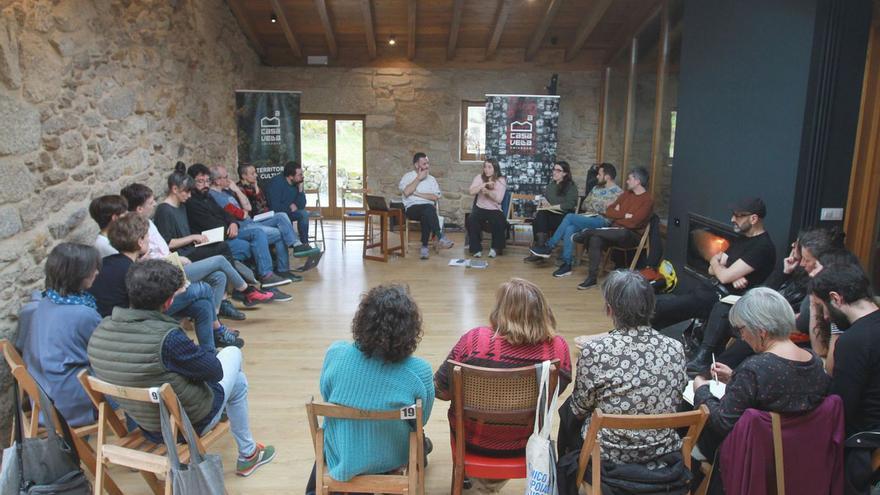“Without science, technology, knowledge and innovation, sustainable development cannot be achieved.” These words delivered by President Gabriel Boric at the Chilean-Swedish Academic Forum in Stockholm represent great support for the efforts of Chilean and Swedish universities to establish institutional cooperation. These spaces for discussion and reflection not only seek to improve scientific indicators, but also contribute data, assessments and proposals to public policies and to the economic and cultural development of both countries.
Sweden is a country that has always shown sympathy with Chile. Tens of thousands of Chileans work, study and develop their lives in this remote northern country. A country where innovation and knowledge are an essential part of the country and society as a whole. With its beautiful university campuses, cutting-edge technologies, exceptional public-private relations, encouragement of new knowledge companies, strong commitment to the environment and multilateral relations, Sweden promotes cooperation and development.
Nearly two hundred and fifty researchers from both countries from various fields met in Stockholm: biomedicine, engineering, mathematics, social and environmental sciences, culture and arts. They discussed topics such as aging, mental health, biodiversity, culture and art, green innovations, social problems, crime, environment, threats to health, food and water security, sustainable mining and energy conversion. Through a multidisciplinary approach based on evidence and on the national experiences of each counterpart, they advanced the search for proposals and solutions to confront global threats.
For Chile, this cooperation is important because it allows access to the Nordic technological platforms, their logistical capabilities and their human resources in the service of student and teacher exchange, generating experiences that will become strengths of our country.
The participation of the presidential delegation, composed of ministers and parliamentarians from all sectors and relevant actors in the country's science and technology system, indicates how comprehensive strategic initiatives aimed at improving the lives of citizens will be addressed.
Science can contribute a lot to diplomacy, the integration of peoples, and the appropriation of technology, which is only possible when we adopt the position of the state. Chilean universities have collaborated, organized and become attractive interlocutors for researchers from cutting-edge centres. Thus, Chilean science has proven itself up to the challenges and is appreciated by colleagues from other regions.
Perseverance and strategic financial support are now needed to make the cooperation proposal sustainable. Sweden invests more than 3.5% of its GDP in science and technology, while Chile invests ten times less, a shortfall that we must overcome. It is also important to integrate Swedish and Chilean companies into the initiative, and to strengthen the innovation component more strongly. The involvement of embassies and funding agencies such as ANID and CORFO can be crucial to transform academic exchange into public policy and economic development through science-based innovation processes.
-
The content expressed in this opinion column is the exclusive responsibility of its author and does not necessarily reflect the editorial line or position of the author the counter.





